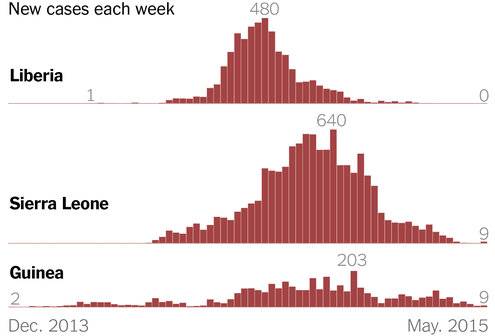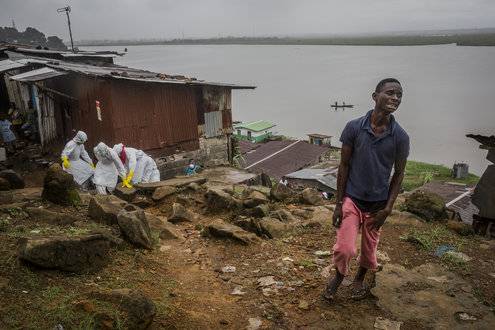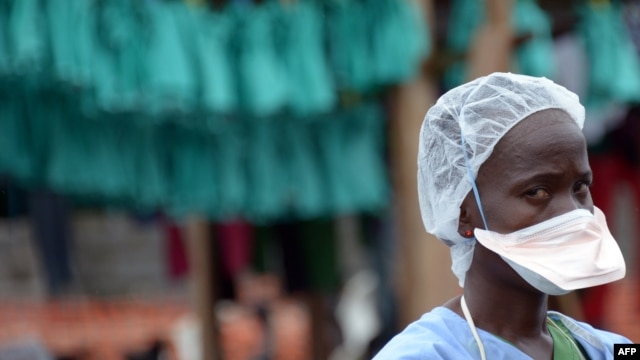Delta4Embassy
Gold Member
Was just gonna laugh and move on, but nothing like sharing a laugh.
http://medicalxpress.com/news/2015-10-ebola-persist-semen-months.html
" The Ebola virus may persist in some men's semen for nine months after they were initially infected, far longer than previously thought, according to preliminary research out Wednesday.
The first long-term study of its kind, published in the New England Journal of Medicine, adds to growing evidence that Ebola can linger in the body, causing health problems for months or even years."
...Important safety tip, thanks Egon.
http://medicalxpress.com/news/2015-10-ebola-persist-semen-months.html
" The Ebola virus may persist in some men's semen for nine months after they were initially infected, far longer than previously thought, according to preliminary research out Wednesday.
The first long-term study of its kind, published in the New England Journal of Medicine, adds to growing evidence that Ebola can linger in the body, causing health problems for months or even years."
...Important safety tip, thanks Egon.





